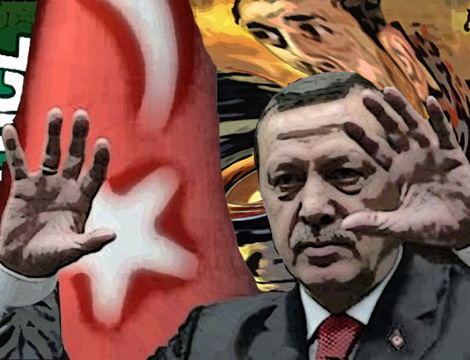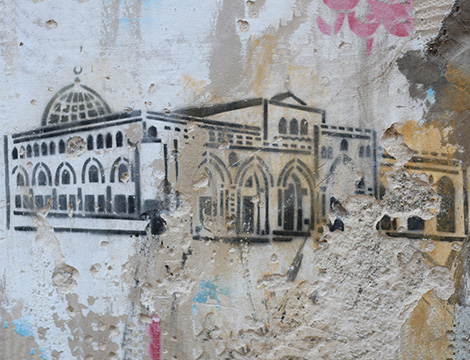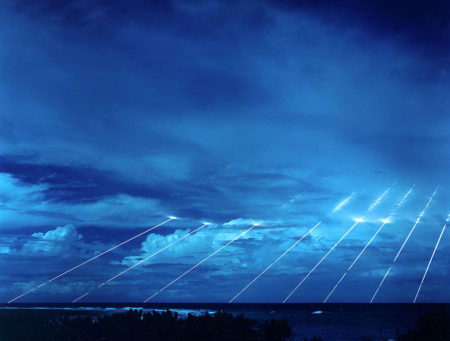
This article was originally published by S. Rajaratnam School of International Studies (RSIS) on 19 July 2016
Synopsis
Fethullah Gulen, leader of one of the world’s largest Islamic movements, is accused of attempting to topple Turkish President Erdogan in a failed military coup. Is Gulen a modernist religious leader or a conspirator?
Commentary
BELIEVERS SAY he preaches a new, modernist form of Islam. Critics charge he is a wolf in sheep’s clothing preparing to convert secular Turkey into an Islamic republic. They accuse Fethullah Gulen of being a conspirator who has created a state within the state and attempted this weekend to topple the democratically elected Turkish President Recep Tayyip Erdogan in a failed military coup.
That was not how past Turkish governments or for that matter Erdogan in his eight years as prime minister saw Gulen, the leader of one of the world’s largest and wealthiest Islamic movements.




